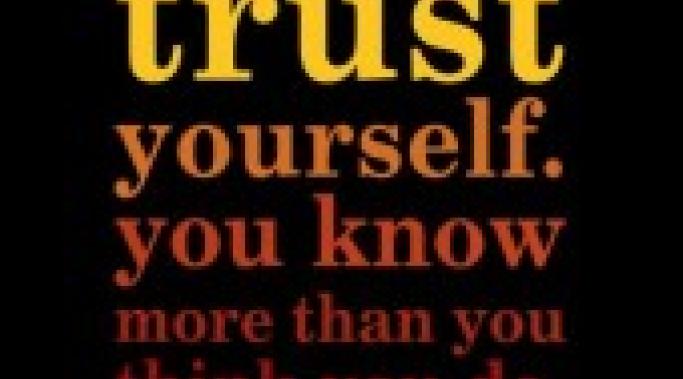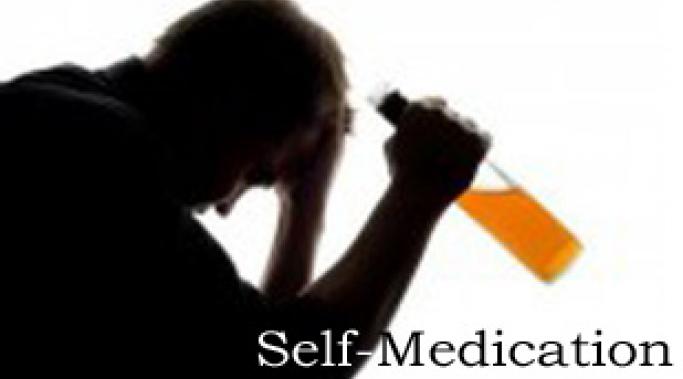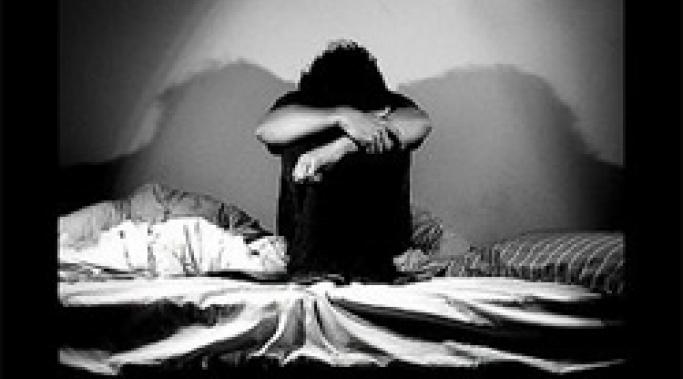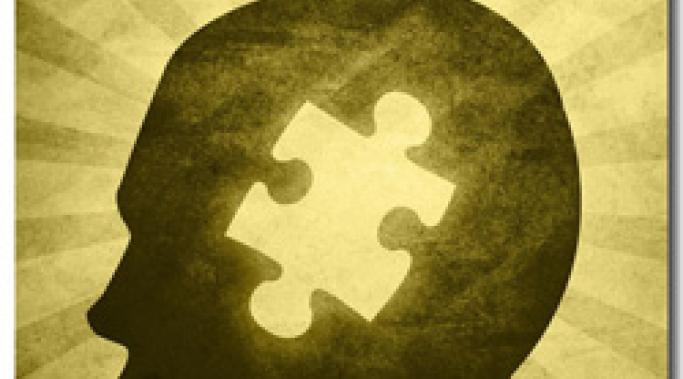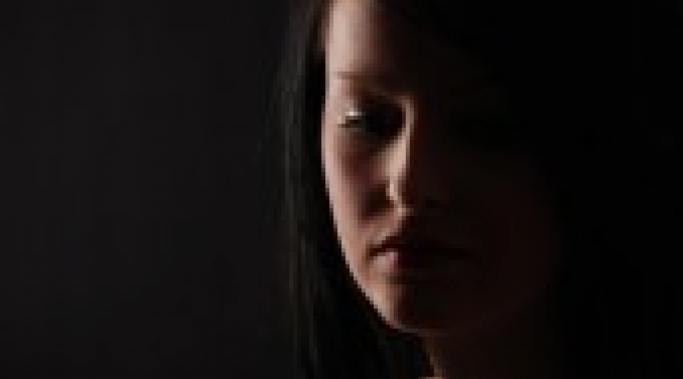This blog, Recovering from Mental Illness, allows me to explore many different topics. This post, "Visualizing Mental Illness" might be a bit tough to delve into, but I believe it's an important, albeit confusing, issue. Let's give it a fair shot.
Mental Health - Recovering from Mental Illness
This topic is close to my heart...or, rather, high on my level of irritation. Diagnosed with bipolar disorder at the age of twelve, I have seen my share of psychiatrists, psychologists, social workers---I am missing a few people, er, professionals. The list is extensive. Some of us are blessed to be working with a wonderful mental health team right of the bat.
Diagnosed with a mental illness? This is your new psychiatrist, he or she will make you well, provided you put the work in! My experience has been quite the opposite--a bit more complicated.
Contradictions in Diagnosis
Let me stress this: Do Not Self-Medicate Mental Illness. This is obvious, right? It should be simple. Why make things more complicated? Being diagnosed with mental illness is crazy enough, so why do a large portion of people, statistically, abuse drugs and alcohol?
I'm human and sometimes I hurt. Just like you do. A few years ago:
I have not slept in three days, maybe four. Sheets hang on my windows. The light stings my dilated eyes. I wince, even among the relative darkness I have created. I have not eaten in days; I drink water tainted with vitamins hoping that's enough.It's been days of drugs and of alcohol. I am surprised I have not died yet.
For many years, that was my life. That was my way of dealing with the diagnosis. I hid behind drugs and alcohol because, in my mind, I would rather be an addict and alcoholic than to be bipolar.
R.E.L.A.P.S.E. Seven letters. Just seven. This seems impossible: the experience of mental illness relapse requires millions of words. As many words as the emotions it evokes, the pain it causes and the feeling that, you, that I, cannot escape. The fear of mental illness relapse isn't lessened by knowing recovery will follow.
It would be lovely if the diagnosis of mental illness came with a prescription for recovery that was given to all of us. Diagnosed with bipolar disorder? take this pill, you will be fine. You will be recovered! That would be nice, perfect, what a fantastic dream! Then you wake up. You take your medication. That's the reality.
Recovery is different for all of this: treatment is never the same. Some of us, once diagnosed and treated, experience no symptoms of all. On the flip side, some of us struggle on a day to day basis.
Analyzing "Talk"
Some people like chocolate and some people like going to movies. Me, well, I like my thesaurus. I like things like this: certain pens, books, a 5,000 page book full of words that connect to words that mean, pretty much, the same damn thing. So, fueled by caffeine, I look up the word talk (and here is to hoping a few you like words, sort of), and am confronted with a whole slew of them.
Usually, and with any luck, life moves smoothly. When you have a mental illness, the road is probably a little bumpier than you would like, but certain things remain the same. The time you wake-up and the time you fall asleep. The food you like to eat and the food you avoid. The people in your life who mean the most. The music you like and the hobbies you have. It is these things, little things, that make life easier, enjoyable.
Life Does Not Always Remain Comfortable
Curing mental illness is simply not possible--despite limited controversy. That's the cold and hard truth. On the flip side, we can become well and experience very little, or no symptoms at all. That is the goal. How can we pursue it?
I usually choose a specific topic for these blogs and work to describe the importance of managing and accepting mental illness. Last week, I wrote a blog focusing on recovering from and recognizing depression. This week, based on my life currently, I want to talk about stress and the impact it has on those who live with mental illness. I am really struggling with this right now.
When you are diagnosed with a mental illness, your first reaction is probably fear. Those who love you also might feel fear. After all, mental illness is stigmatized, and certainly not something anyone wants to live with. But we can, and we do. Successfully.
Defining Fear

